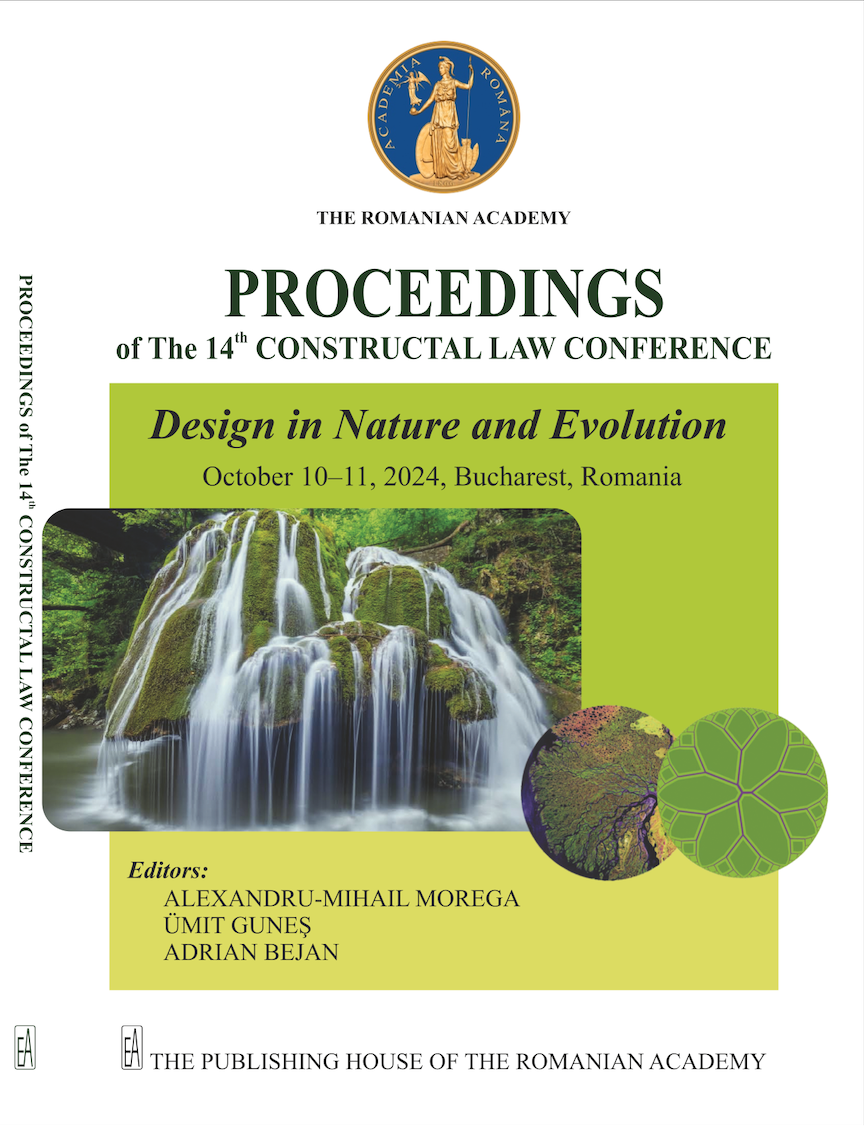CONSTRUCTAL EVOLUTION OF GENETIC CODING SYSTEMS
DOI:
https://doi.org/10.59277/CLC.2024.11Keywords:
Constructal Law, Econobiology, Evolution of Evolvability, XenobiologyAbstract
This paper is a theoretical exploration of how biological evolution may evolve itself according to the Constructal Law. The astonishing diversity of life on Earth reflects how effective evolution is at augmenting survivability within various ecological niches. Yet, the genetic coding system that drives evolution is remarkably conserved among virtually all organisms. This is perhaps indicative that the process of evolution on Earth has so far been powerful enough to meet the planet’s ecological challenges. If these challenges become increasingly intense or unstable, then for life to survive, its evolvability must evolve. Such second-order evolution may occur via fundamental changes to the genetic coding system.
References
(1) Maynard Smith J., Natural selection and the concept of a protein space, Nature, 225, 5232, pp. 563–564 (1970).
(2) Kauffman S., Levin S., Towards a general theory of adaptive walks on rugged landscapes, Journal of Theoretical Biology, Vol. 128, No. 1, pp. 11–45 (1987).
(3) Dawkins R., The evolution of evolvability in Artificial Life, Langton, C., Ed., Addison-Wesley Publishing Company: Reading, Massachusetts, United States, 1989, pp. 201–220.
(4) Bejan A., Zane J.P, Design in Nature: How the Constructal Law governs evolution in biology, physics, technology, and social organizations, Doubleday, New York, United States, 2012.
(5) Arthur W.B., Competing technologies, increasing returns, and lock-in by historical events, The Economic Journal, 99, 394, pp. 116–131 (1989).
(6) de la Torre D., Chin J.W., Reprogramming the genetic code, Nature Reviews Genetics, 22, 3, pp. 169–184 (2021).

